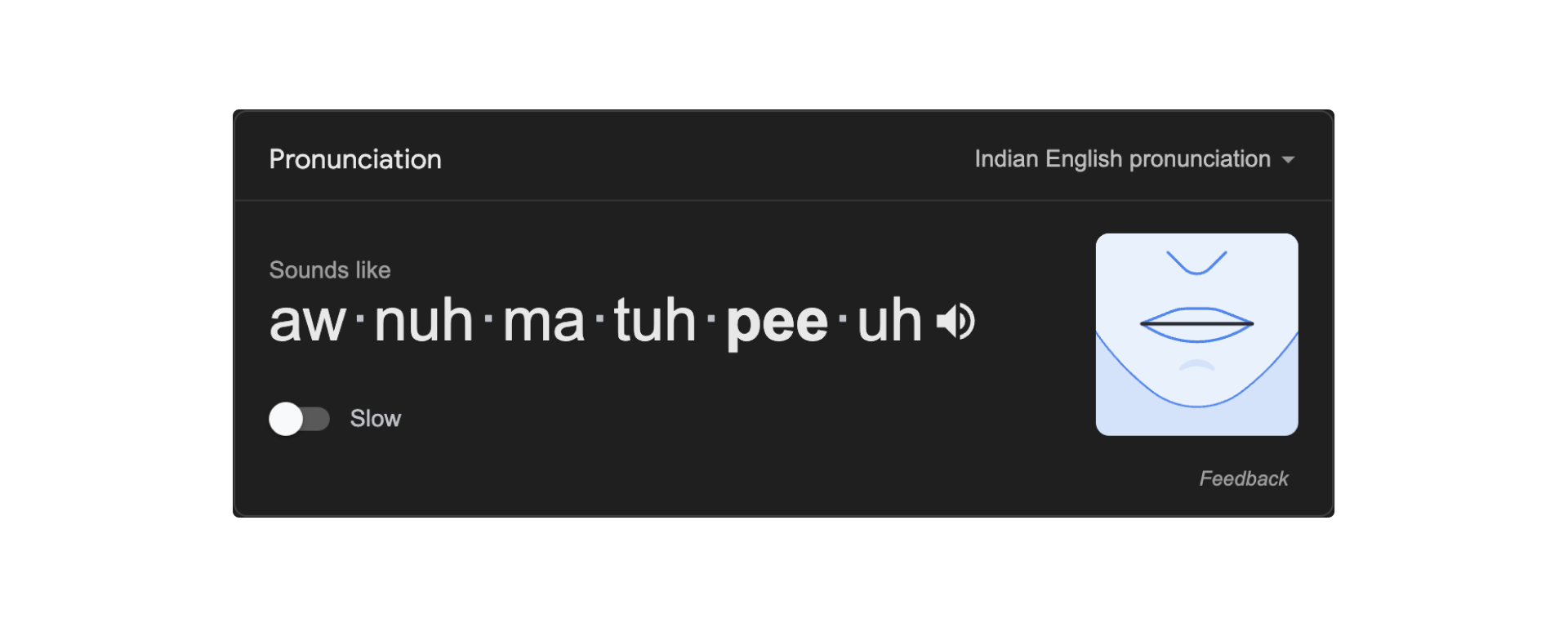Bridging the Babel
Two Innovative Approaches to Building English Language Confidence
research ed-tech
Problem Statment
In multilingual India, navigating English fluency poses a significant challenge for millions. Often perceived as a key to professional advancement and social mobility, mastering English can be hindered by fear, self-doubt, and inconsistent learning methods.
This white paper proposes two novel frameworks to revolutionize spoken English acquisition, enabling a sustained behavioural change that empowers users to communicate effectively and confidently in various situations.
Framework A - The Linguistic Architect
Imagine a virtual language laboratory, an intelligent tutor meticulously dissecting your pronunciation, sentence structure, and vocabulary. AI algorithms, akin to linguistic architects, analyze each spoken word, providing real-time feedback and charting personalised learning pathways. This transcends the limitations of static textbooks and rigid classrooms, offering an immersive and dynamic learning experience.
Imagine this framework in action. Google's "Learn to Pronounce" feature lets users not only see the definition of "onomatopoeia" but also hear its pronunciation in different accents and watch videos demonstrating mouth movements. This goes beyond static textbooks, offering an immersive and interactive learning experience.
But the journey doesn't end with AI. Expert coaches, logopedists, and conversational specialists take the baton, guiding you through personalized sessions. Video recordings become mirrors, revealing subtle nuances of articulation and expression that AI alone cannot grasp. Gamification and leaderboards add a playful edge, transforming the pursuit of fluency into a self-driven linguistic conquest.
Framework B - The Content Conquering King
Forget rote memorization and sterile grammar drills. Building on the foundation of the first framework, this approach celebrates the power of meaningful exchange. Picture engaging conversation starters, ranging from everyday chit-chat to global discussions, coupled with personalized feedback and guidance from experts. This is not just about mastering individual words but about using them with mindful articulation and navigating sensitive topics with respect and objectivity. Users are equipped with diverse conversation starters, engaging topics ranging from everyday chit-chat to stimulating global discussions.
This is not a mere vocabulary buffet; it's a journey of mindful articulation. Daily challenges take you from reading the newspaper to discussing current events. Imagine starting with "How's your day?" and progressing to confidently expressing your views on climate change through role-playing a press conference with native speakers.
Students discuss a newspaper with their instructor. © Jaikishan Patel
Building Communication Bridges
These frameworks do not describe isolated learning platforms; they envision a vibrant community forum. Users can share experiences, tips, and support, weaving a tapestry of solidarity and encouragement. Accredited certifications, issued by a recognized university or educational institution, go beyond gamified rewards. They provide tangible validation of mastered skills, opening doors to career advancement and academic opportunities.
Conclusion
Mastering English in India transcends grammar perfection and accent fluency. It's about claiming your voice, embracing clear expression, and confidently connecting with the world. These frameworks offer a glimpse into a future where diverse tongues resonate in an orchestra of shared ideas, bridging gaps and silencing the unspoken burden of communication apprehension. With personalised learning, meaningful conversation practice, and accredited certifications, they encourage sustained behavioural change, enabling users to confidently communicate in English across various social and professional contexts.
📐 ux whitepapers
© arjun paul, 2025. all rights reserved.



